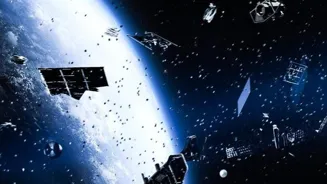Explore how space debris poses a threat to our satellites and daily life. Discover the impacts, challenges, and solutions
Imagine the skies above us, not just filled with twinkling stars, but also with a cloud
of cast-off junk. We talking about space debris, bhai! This includes old satellites, bits of rockets, and even tiny pieces from collisions – all floating around Earth.
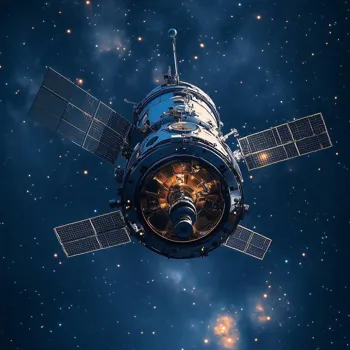
This space junk is becoming a serious headache, threatening the very satellites we depend on every single day. Think about it: without satellites, no GPS, no weather forecasts, and forget binge-watching your favorite shows online.
The problem is getting worse, and we need to understand what's happening before it's too late. This problem does not just affect space exploration; it directly impacts our lives here on Earth, from communication to navigation and even agriculture.
We depend on satellites more than we realize and protecting them is crucial.
Space junk poses grave threat to satellites and space infrastructure due to high-speed collisions and cascading debris
These pieces of space junk aren't just drifting aimlessly either. They're zooming around Earth at incredible speeds, much faster than a bullet! Even a small piece of debris, like a paint flake, can cause serious damage if it hits a satellite.
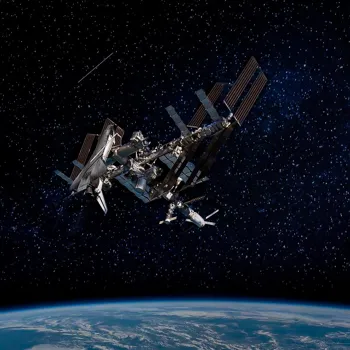
Picture this: a tiny speck of paint, travelling faster than a speeding bullet, slamming into a multi-million dollar satellite. It’s like a cosmic game of dodgeball, but the stakes are incredibly high.
The more debris there is, the higher the chance of collisions, creating even more debris – a cascading effect known as the Kessler Syndrome. This domino effect can make certain orbits practically unusable, drastically affecting our space-based infrastructure.
The increase in space activities also makes the situation all the more worse.
Our lives depend on satellites for crucial services
So, what’s the big deal about losing a satellite or two? Well, our modern lives are heavily reliant on these orbiting machines. They bring us everything from television signals and internet access to critical data for agriculture, disaster management, and national security.
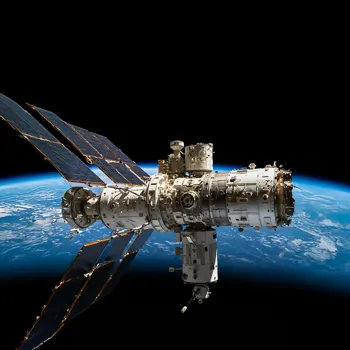
Think about your mobile phone. It relies on satellite navigation for location services and communication. Farmers use satellite imagery to monitor crops and optimize irrigation. During natural disasters, satellites provide vital communication links and help with rescue efforts.
Losing access to these satellites would have huge economic and social effects. Imagine trying to navigate without GPS, or not being able to get accurate weather updates. The impact would be felt across various sectors, disrupting everyday life for millions of people.
Scientists develop space sweepers to tackle space junk, promote international cooperation
Now, scientists and engineers are working hard to come up with ways to tackle this space junk problem. One idea is to develop "space sweepers" – satellites designed to collect and remove debris from orbit.
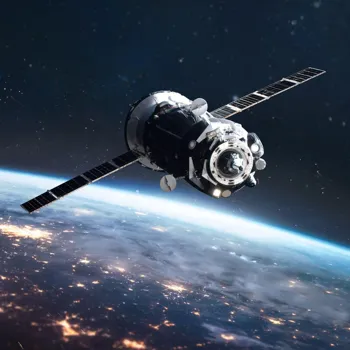
These could use nets, harpoons, or even lasers to capture and deorbit the junk and then burn it up in the atmosphere. Another approach is to design satellites that are less likely to create debris in the first place.
This includes making sure they can be safely deorbited at the end of their lives and also developing methods to prevent explosions in space. International cooperation is also key, as space debris is a global problem that requires a coordinated effort from all spacefaring nations.
Different countries are working on space programmes like the Gaganayan mission.
India's proactive role in space debris management and technology development
India, with its growing space program, is also playing a role in addressing the space debris challenge. ISRO, our space agency, is actively monitoring space debris and developing technologies to protect our satellites.
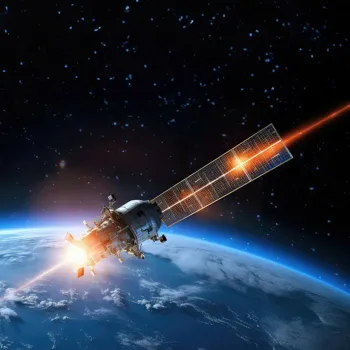
They are also working on minimizing the creation of new debris during their missions. ISRO has successfully demonstrated technologies for deorbiting satellites and is actively participating in international collaborations to develop standards and guidelines for responsible space activities.
This proactive approach is crucial to ensure the long-term sustainability of our space program and to protect our valuable space assets. The development of indigenous technologies is crucial for India to effectively manage its space assets.
Space debris cleanup vital for sustainable space activities, safeguarding Earth's future
Ultimately, cleaning up space debris and preventing future accumulation is essential for ensuring the long-term sustainability of space activities. It's not just about protecting satellites; it's about safeguarding our way of life here on Earth.
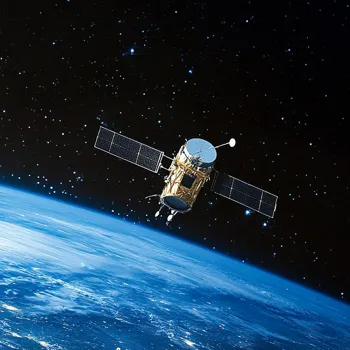
We need continued innovation, international collaboration, and responsible space practices to keep the skies above us safe and accessible for future generations. The cost of inaction is simply too high, and we must act now to address this growing threat to our space-based infrastructure.
The future of space exploration and exploitation depends on our ability to manage and mitigate the risks posed by space debris.
AI Generated Content. Glance/InMobi shall have no liability for the content